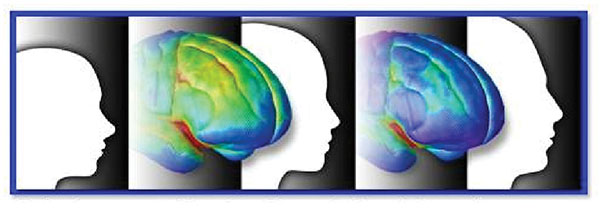Introduction
According to national surveys, more than 85% of U.S. adults have consumed alcohol at some point in their lifetime, and about 70% did so in the last year.1 Most individuals drink responsibly and without adverse effects. However, a substantial proportion of people misuse alcohol.1,2 Drinking patterns associated with alcohol misuse include binge drinking, heavy drinking, and high...


